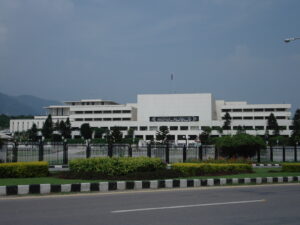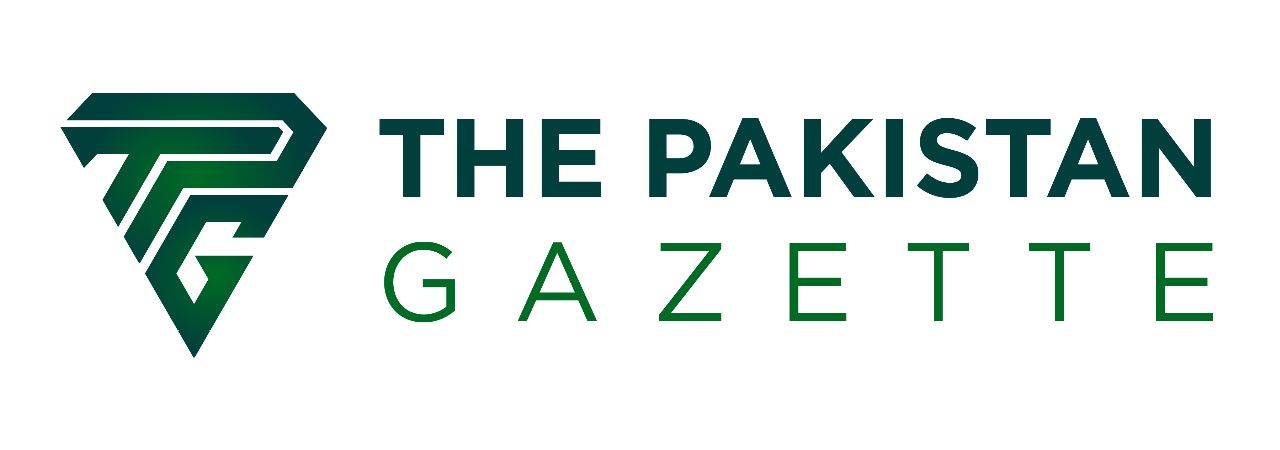
Parliamentary System Merits for Pakistan

- Historical Context and Familiarity: While the parliamentary system in Pakistan has faced challenges, it remains a better option due to its historical context and familiarity. The roots of this system trace back to the country’s colonial past, offering a sense of continuity. The familiarity with parliamentary practices, inherited from the British, facilitates a smoother transition of power, ensuring political stability crucial for sustained development.
- Representative Governance and Diversity: One of the paramount advantages of the parliamentary system is its ability to provide representative governance. Through proportional representation, various political parties can secure seats based on their popularity, allowing for a more accurate reflection of the diverse electorate. This inclusivity is vital in a country as culturally rich and diverse as Pakistan, where different regions and ethnicities must have a voice in the decision-making process.
- Flexibility and Responsiveness: The parliamentary model’s flexibility and responsiveness to changing circumstances contribute to its effectiveness. The ability to adapt to evolving political landscapes and respond promptly to emerging issues is a hallmark of this system. This dynamic nature allows for swift policy adjustments and legislative actions, a crucial feature for addressing the fast-paced challenges that Pakistan encounters.
- Checks and Balances Through Opposition: A significant strength of the parliamentary system lies in its built-in checks and balances. The opposition plays a pivotal role in scrutinizing government actions, holding the executive accountable, and ensuring transparency. The constant oversight provided by a vigilant opposition helps prevent potential abuses of power, fostering a healthier democratic environment.
- Local Governance and Grassroots Representation: Contrary to criticisms, the parliamentary system, when effectively implemented, can strengthen local governance and grassroots representation. Devolving power to lower tiers ensures that local issues are addressed promptly, catering to the needs of communities. Empowering local bodies within the parliamentary framework can bridge the gap between the government and the people, fostering a more direct form of democracy.
- Peaceful Transition of Power: The parliamentary system’s focus on a collective mandate ensures a peaceful transition of power. Through votes of no-confidence or scheduled elections, changes in leadership occur without resorting to upheavals or external interventions. This peaceful transfer of power is essential for political stability and economic progress, as disruptions can have detrimental effects on national development.
- International Comparison and Global Acceptance: The parliamentary system, being widely adopted globally, aligns Pakistan with international democratic norms. Many successful democracies, including those in Western countries, operate under parliamentary frameworks. Aligning with internationally accepted governance structures enhances Pakistan’s global standing, fostering diplomatic relationships and trade partnerships beneficial for national growth.
Conclusion
Despite its challenges, the parliamentary system remains a preferable option for Pakistan. Its historical familiarity, representative nature, flexibility, and ability to accommodate diversity make it a resilient governance model. The system’s intrinsic checks and balances, emphasis on local governance, and adherence to peaceful transitions of power contribute to its enduring relevance. By addressing the system’s shortcomings and leveraging its inherent strengths, Pakistan can harness the parliamentary model’s potential for sustained democratic progress.
Admin at The Pakistan Gazette

